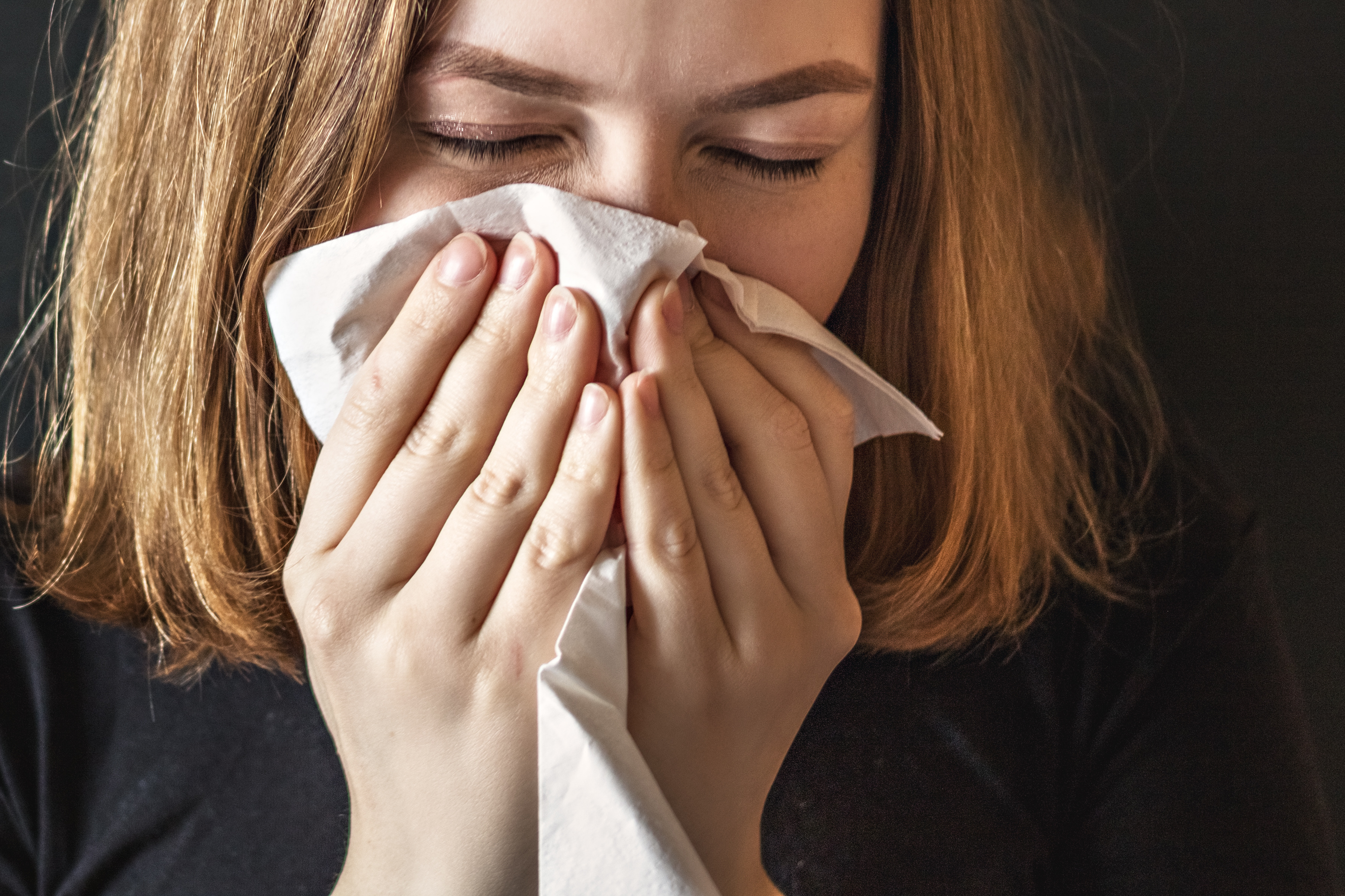Signs Your Gut Microbiome is Out of Whack (And How to Fix It)
13. Trouble Sleeping or Poor Sleep Quality

Struggling to fall asleep or waking up frequently? Your gut could be the culprit. The gut microbiome helps regulate melatonin and serotonin—hormones that govern your sleep-wake cycle. An imbalance can disrupt this rhythm, leading to restlessness, insomnia, or non-refreshing sleep. Studies have found that poor gut diversity is linked to lighter, fragmented sleep. To support better rest, include fermented foods like kefir or miso in your evening meals, and avoid heavy sugar or alcohol before bed. A calming nighttime routine, prebiotic-rich snacks like kiwi or oats, and consistent sleep hygiene can also restore microbiome harmony and improve sleep.
14. New-Onset Allergies or Seasonal Reactions

If you've suddenly become more reactive to pollen, pets, or even foods, your gut may be playing a role. A compromised gut lining and reduced bacterial diversity can trigger immune hypersensitivity, leading to more pronounced allergy symptoms. The microbiome helps train the immune system to tolerate harmless substances, so when it’s out of balance, that tolerance can weaken. To calm allergic reactions, reduce inflammatory foods, boost probiotic intake, and eat fiber-rich prebiotics like asparagus and leeks. Supporting your gut may not eliminate allergies entirely, but it can reduce their intensity and frequency over time.
